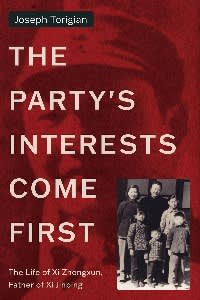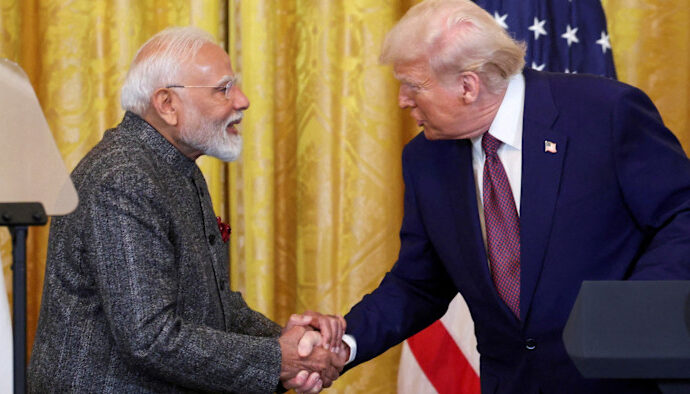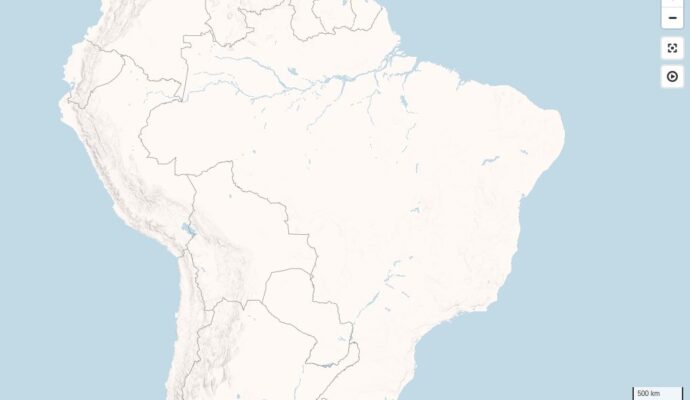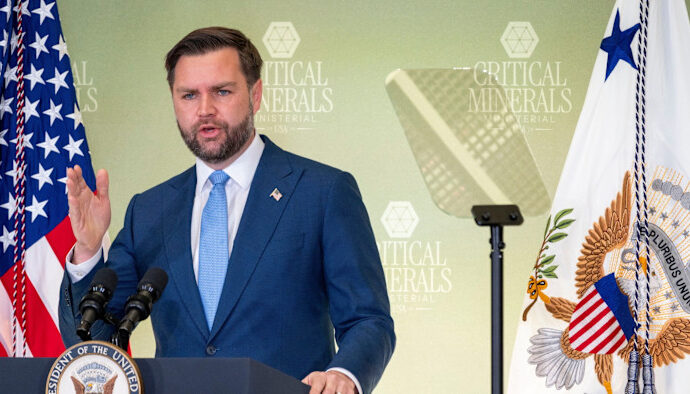Unlock the Editor’s Digest for free
Roula Khalaf, Editor of the FT, selects her favourite stories in this weekly newsletter.
At the height of summer in 1976, Xi Jinping and his father sat in Xi Zhongxun’s tiny, sweltering flat in their underwear, smoking. It was the first time in years that the man who would become China’s leader, then 23, got a few hours with his father after the Communist party’s brutal political campaigns tore the family apart for most of his childhood and youth.
Xi senior, a former vice-premier of China, had been purged repeatedly and spent 15 years in prison and exile from Beijing. Yet he chose to spend most of their rare moments together having his son recite two speeches of Chinese leader Mao Zedong. Whatever his own experience of persecution, the elder Xi still considered it a matter of utmost importance to ready his son for a life of service to the party.
Joseph Torigian, a China scholar at American University in Washington, relays this scene in the first English-language biography of Xi Zhongxun, one of the most important leaders of the Chinese Communist party’s founding generation. The Party’s Interests Come First is indispensable reading for anyone who wants to know what may drive Xi Jinping, China’s most powerful leader since Mao.
President Xi’s autocratic tendencies have surprised many inside and outside China. “Xi Jinping’s aggressive attacks on potential challengers and reluctance to introduce political and economic reforms disappointed people who thought he would be more like their understanding of his father,” writes Torigian.
Xi Zhongxun was born into a peasant family in 1913 and joined the Communist party aged 14. He was known as a reformer who advocated listening to protesters and built long-lasting relationships with people outside the party, such as Tibetan leaders. He favoured pragmatic economic policies; in the 1980s he tried to build a rule of law.
But through rigorous analysis of memoirs, official documents, diaries, interviews and letters, Torigian finds just as many examples where Xi sided with hardline policies. In the early 1950s, echoing demands from Mao for more violence, he said: “We should . . . be brutal for a bit . . . kill enough to create awe and terror.”
A few years later, he encouraged intellectuals to air criticism, even though he knew a crackdown was coming.
When Hu Yaobang, then the party general secretary who had helped Xi when he was persecuted during the Cultural Revolution, came under attack from Deng Xiaoping in 1987, Xi publicly lambasted Hu. Two years later, Xi senior did not use his high-ranking position try to prevent the military crackdown on the Tiananmen protesters.

As party secretary of Guangdong in 1978, he championed the special economic zones that attracted capital and technology from neighbouring Hong Kong and spurred growth. After a 1980 visit to the US, he said that “America has many methods and experiences that we can use for reference”. But privately, Xi mocked the west.
That, too, foreshadowed his son’s attitude. Shortly before becoming party leader in 2012, Xi Jinping contemptuously referred to western critics of China as people who “have eaten their fill and have nothing better to do”.
For Torigian, the contradictions between the “legend” of Xi senior as a reforming hero and his unwavering Communist beliefs shows how both western observers and official party histories have long failed to really understand the CCP and the organisation’s “extraordinary subtleties of personal interactions”. Life as a CCP member forced Xi Zhongxun to balance human emotions and personal views with party values, including unity, societal transformation and protecting the “core” leader — first Mao and then Deng.
Like countless other party officials, he failed to accurately navigate that tension more than once: he was persecuted five times. The most severe purge lasted more than 15 years, from 1962 to 1978, during which his wife and children were targeted as well.
But Xi took pride in his suffering. He propagated a life of sacrifice and struggle as an ideal to students, other cadres and even his children. He would talk about how through being persecuted, he had “forged” his body and his willpower to transform himself into an even better Communist.
Summer books
This mindset, again, appears to have been passed on to Xi Jinping. “Precisely because he underwent a period of trial and serious reflection, Jinping would later say, his decision that only socialism could save China was felt all the more powerfully,” Torigian writes. “If true, it would demonstrate that both Zhongxun and Jinping were shaped by a Bolshevik political culture that fetishized ‘forging’ — the idea that desperation actually increases dedication to the cause.”
But the book goes beyond the story of one man. It shows that the violence, political campaigns and factional infighting that shaped Xi’s career as a Communist are rooted in the nature of the party.
As Torigian puts it: “For any leader of a Leninist regime, getting the level of ‘struggle’ right is like catching lightning in a bottle” — a lesson that calls into question whether Xi Jinping can be more successful than his father.
The Party’s Interests Come First: The Life of Xi Zhongxun, Father of Xi Jinping by Joseph Torigian Stanford University Press $50/£42, 718 pages
Kathrin Hille is the FT’s Greater China correspondent
Join our online book group on Facebook at FT Books Café and follow FT Weekend on Instagram, Bluesky and X


